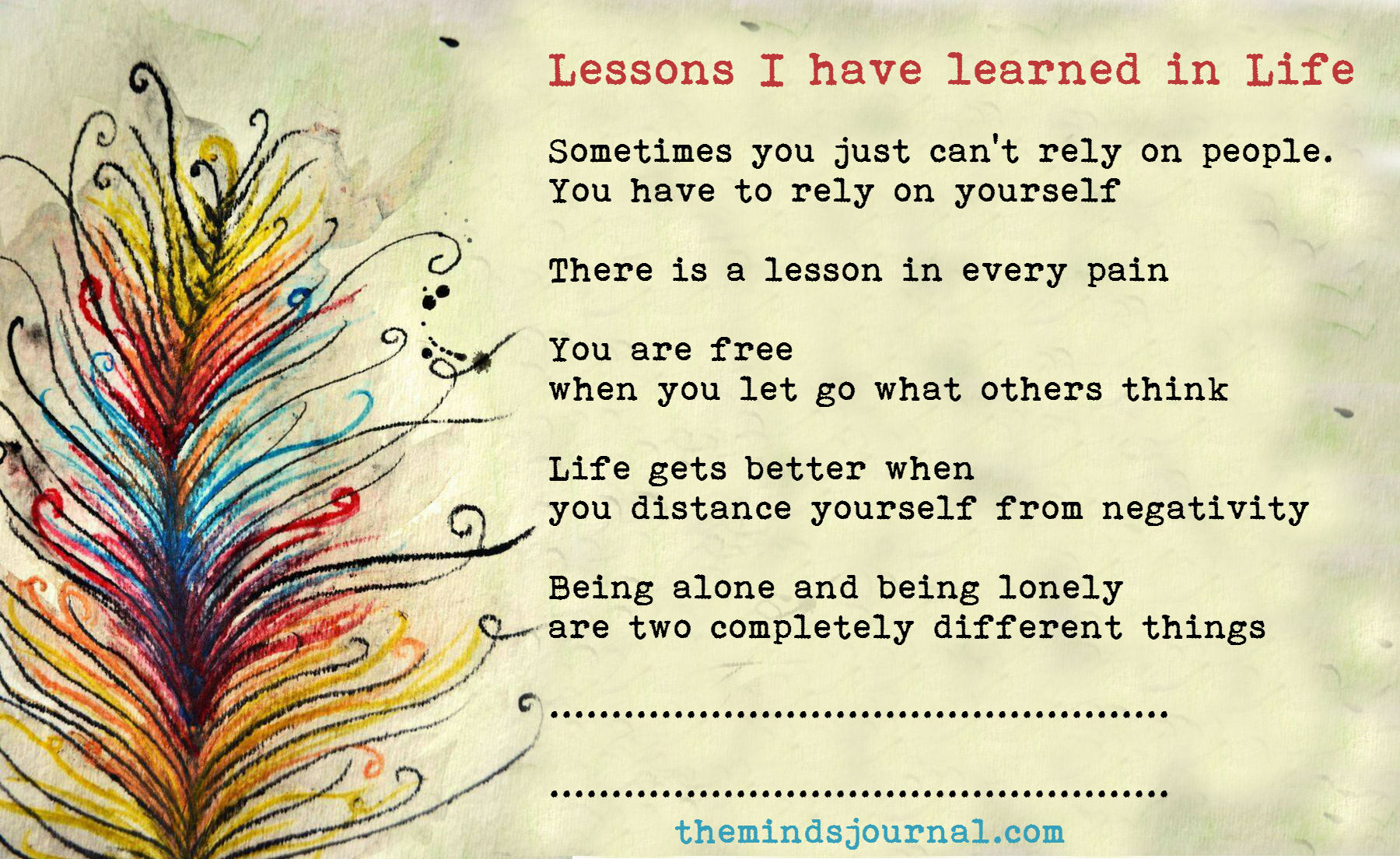Have you ever felt scatterbrained, confused, or mentally tired, all at the same time? Well, you might be experiencing brain fog!
The other day, I locked my keys in the car. I wrote my own name on my son’s name tag instead of his. I was halfway through my workout when I realized my leggings were on inside out. It was as if my brain were barely operational.
We All Have Days When We’re Just…Off. Don’t We?
Researchers have come to refer to this phenomenon as “brain fog.” It can include forgetfulness, moodiness, lack of mental clarity, an inability to focus, and the general feeling that you’re two steps behind the rest of the world.
This happens to everyone from time to time. Symptoms vary from person to person. Some get frustrated and irritable, and others resign to hopelessness. It can affect your sleep patterns, appetite, social relationships, and even your physical health.
No matter what your brain fog looks like, it can be a total day-ruiner. Brain fog keeps us from operating at our best. It blocks us off from our happiest and most productive self.
So What Is Brain Fog?
Brain fog can be defined as the incapacity to have an alert memory and focus. When you experience brain fog, you will feel that you are not being able to think clearly, and dealing with the simplest things mentally, becomes difficult. You might also feel slightly disoriented and confused.
So – What Can We Do About It?
First, attempt to identify the cause. Brain fog can happen for hundreds of reasons, but these are the most common:
- Illness
- Physical Exhaustion
- Emotional Stress
- Vitamin Deficiency
- Trauma
- Hormonal Changes
- Hunger
- Mental Fatigue
- Low Blood Sugar
- Sleep Problems
- Dehydration
Whatever the cause, most of us can not simply power through brain fog. Fortunately, some simple changes can help your mind snap back to working order
Related: What Is Brain Fog? Causes and Tips To Get Rid Of It
Here are five proven ways to fight brain fog:
1. Get a good night’s sleep.
Lack of sleep is by far the most common cause of brain fog in our society. According to a new study by the Center for Disease Control and Prevention, more than a third of American adults are not getting enough sleep on a regular basis. Usually, this happens because we are too busy. We feel that we simply don’t have eight hours to devote to slumber.
However, a good night of sleep is well worth the investment. Hit the pillow for a healthy eight hours tonight. You will be amazed at the difference it makes in your productivity tomorrow.
2. Cut down on caffeine and alcohol.
Many people rely on these substances to keep them running. Coffee is a stimulant and an obvious antidote to fatigue. Alcohol is a depressant. Many Americans rely on it to slow down and fall asleep after a busy day.
These substances are effective, but they are quick fixes. They can disrupt your natural circadian rhythm and ultimately deplete your energy levels in the long term. Try cutting back, and give your body time to adjust before seeing results. Depending on your intake, it can take as much as a month to fully detox.
3. Break a sweat.
Exercise has a way of resetting your body, brain, and emotions. I have repeatedly begun a workout with severe brain fog, only to have it clear by the end. Most people know that exercise releases endorphins, which reduce stress. This can lift brain fog in the short term.
A good workout regimen can also regulate sleep patterns and improve memory and thinking skills, helping to prevent brain fog as a recurrent problem.
Related: 9 Ways How Simple Morning Exercise Can Boost Your Productivity
4. Keep your stress levels in check.
Stress is an epidemic in our society. There is a lot of pressure to take on more than we can handle. So we do – and then, we fall apart. Brain fog can be an early sign that your stress level is too high. You may want to identify some unnecessary sources of stress and cut them out of your life.
If this is not possible, look into some new coping skills to help lower your stress level. If the severity of your stress is out of proportion to your daily responsibilities, consider speaking with your doctor. Many people in this position can benefit from therapy or medication designed to fight anxiety.
5. Consider your diet.
Many causes of brain fog, such as stress and sleep disruption, can cause us to self-medicate with junk food. However, doing so can lead to more frequent brain fog in the long term. Instead, ensure that your dietary choices are designed to maximize your brainpower and energy level.
Healthy fats, such as those found in nuts and avocados, can help your brain to function at its best. Protein also promotes healthy brain activity and can keep blood sugar levels more steady. Good carbohydrates, such as fruit and whole grains, can release serotonin and ward off sugar cravings. Eating sugary foods may work as a quick fix, but they will only leave you feeling more irritable and sluggish later on.
Related: Diet & Depression: 6 Ways Food Impacts Your Mental Health
“Nourishing yourself in a way that helps you blossom in the direction you want to go is attainable, and you are worth the effort,” wrote Deborah Day.
In order to be at your best for others, you first need to care for yourself. Treat your body well, and your brain health will follow.
If you want to know more about brain fog, then check this video out below:











Leave a Reply